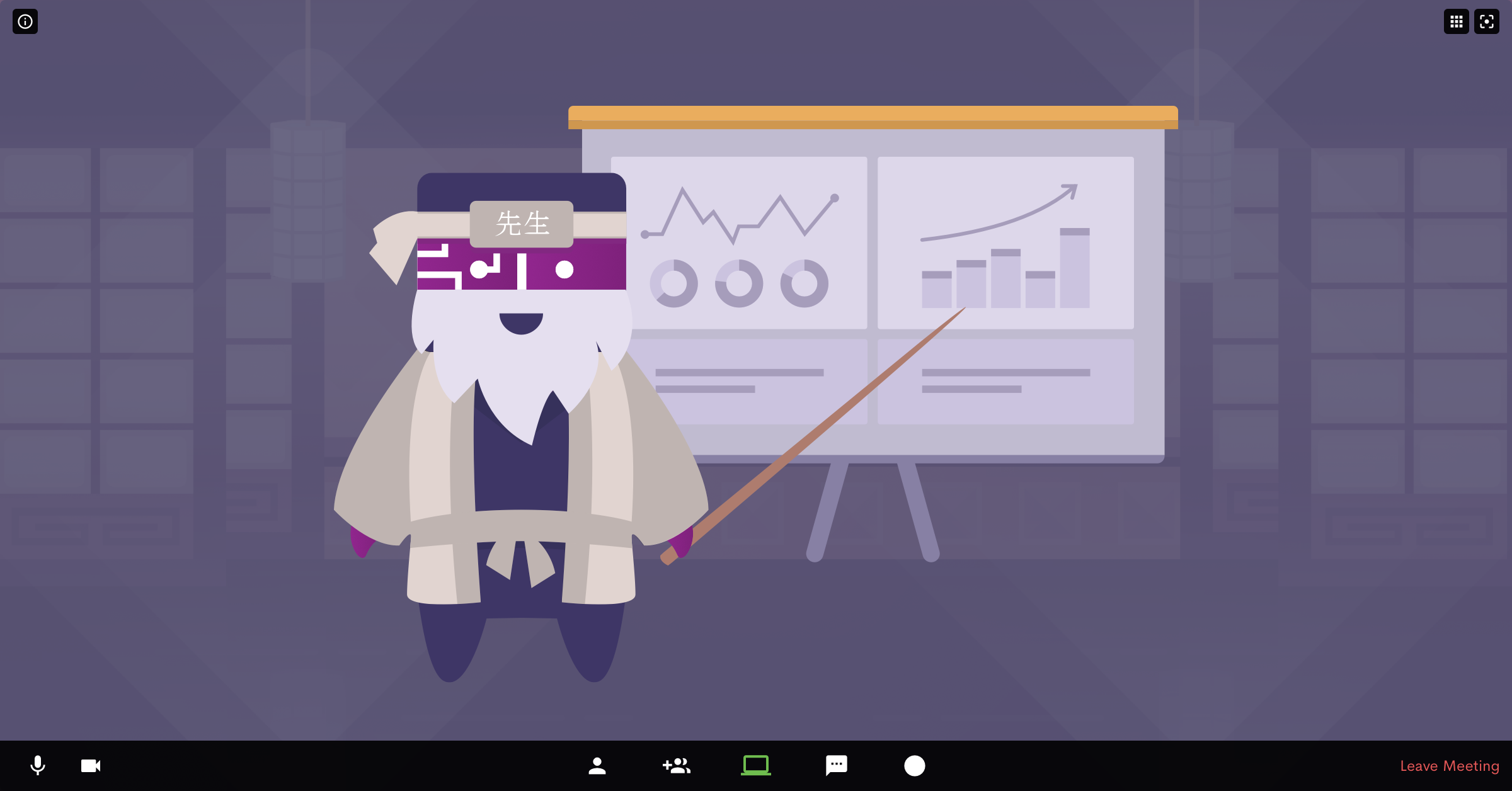Like any business operation, the success of working remotely as a team consists of a three-stage lifecycle.
- Enablement: Providing the tools and resources to allow agents to work from home.
- Engagement: Making sure that you replicate a to ensure your agents are engaged with their work.
- Management: Putting measures into place to ensure the mid/long-term improvement of agents’ performance in multiple areas.
Now that most customer support teams have been working remotely for quite some time, they have enabled their digital workplace with the appropriate online communication and collaboration tools. Most have also put into place new processes to keep their agents engaged with their team and with their work.
However, as we continue on working from home with an unforeseeable end, what many companies must think about is how they are going to manage this situation to ensure they not only maintain their performance but improve it.
Here are 13 tips we have compiled speaking to customer support managers on simple things you can implement to help manage your support team’s performance whilst working from home.
Productivity
One of the areas most affected by the transition to remote work are agents’ levels of productivity. Whilst working from home can provide many distractions, there are a number of processes managers can implement to ensure that teams continue to work harder and smarter.
- Daily missions: Working on usual tasks without the interaction of colleagues can often get repetitive and hinder agents’ productivity. To counter this, at the start of each day during your morning team meeting, set a ‘mission’ as a competition to be completed by agents. For example: whoever can answer the most tickets in the backlog’ and reward this with a prize.
- Virtual 1:1 meetings: Whilst team communication is something that is heavily focused on since isolation, managers should encourage agents to maintain 1:1 check-ins with their colleagues. This replicates office space interactions where agents can discuss work matters without the guidance of a manager and help each other with any issues they may be facing.
- #TeamGoals channel: To ensure that everyone in the team is aligned with weekly KPIs, team leads can set up a #goals Slack channel. This can contain a list of weekly team goals with live progress updates to motivate agents’ performance.
- Kaizo: Another way of setting up goals can be done through the Kaizo platform where agents create their own personalized weekly goals. With the combination of AI and in-game experience, Kaizo helps them stay productive and engaged with their daily routine and self-manage their workload, which is extremely valuable while working remotely.
- Brainstorming sessions: With the influx of rapid calls based on day-to-day topics, big-picture thinking such as brainstorming sessions or future forecasting can easily be left at the wayside. Block out time each week to get together as a team and discuss creative ideas and plan long-term actions.
- Hard stop: Without the commute to work and continual access to your work resources, stopping work on time can often be ignored. Keeping a routine schedule to stick to, whether that be 9-5 or 12-8, is important when remaining productive. So try to stay clear of setting up long, detailed meetings at the very end of your agents’ workday.
Empowerment/Knowledge Sharing
To ensure that your agents are able to perform to the best of their ability from home, managers/ team leads need to empower their teams with communication and knowledge sharing. This helps teams remain informed about the goals at hand and how to work towards achieving them together.
- WFH guide: To make sure agents are aware of how your team wishes to operate whilst working remotely, create a work from home company guide document and distribute it to team members via email. If team leads/managers would like to they could run through this guide with their team during a Zoom meeting.
- Inquiries channel: With the absence of inter-desk chit chat, it is often time-consuming to ask colleagues individually for advice on certain issues you may be facing with your work. To combat this, create a general inquiries Slack channel, where agents can leave their issues for open discussion with fellow team members to exchange advice.
- Inter-team meetings: The transition to remote work means that a lot of elements of the product or service your company provides are changing. Remember to schedule regular meetings with other teams (product, sales) to stay aligned with how you can work collaboratively to achieve your common goals.
- Round robin questionnaire: To break up the week, each Wednesday or Thursday, conduct a 10/15 minute session with your team to open up discussion on how they are feeling, what they feel needs to be improved and any questions that relate to their work life.
- Best practice session: Each fortnight, compile a list of best practices that agents have achieved and share them with your team in an online meeting. This will give concrete examples of high-level performance and is a great way to start hands-on training for improvement.
Incentivization/Celebration
The improvement of a team’s performance is dependent on the way in which agents are rewarded and recognized for their achievements. The incentivization and celebration of your team’s wins is an essential and fun way to endure the longevity of both happy agents and higher performance.
- Awards ceremony: At the end of each week, have a casual online meeting where members of the team are awarded prizes for their performance. You can have fun with this and create different awards such as, ‘most improved’ or ‘most tickets answered in a single day’. By incentivizing these achievements with gifts such as an online voucher or food care package, agents are aware that you appreciate their effort.
- Team celebration: Whilst it is important to celebrate individual achievements, it is also uplifting to celebrate your success as a team. Each week compile a list of milestones your team achieved and share them publicly either in an online meeting or on Slack.
- Passion project: Allowing agents to spend time on personal projects, aside from their usual work can often allow for creative ideas to flow into the workplace. Give your team feedback on their ideas, and encourage them to speak their minds. Not only will they feel more appreciated, but you may just stumble upon some great new ideas.
This is just a snapshot of some of the things we’ve learned from support managers on how to boost performance during this transitional time. We will continue to update this list as we come up with new ideas, so if you have any other cool ideas please feel free to share!





